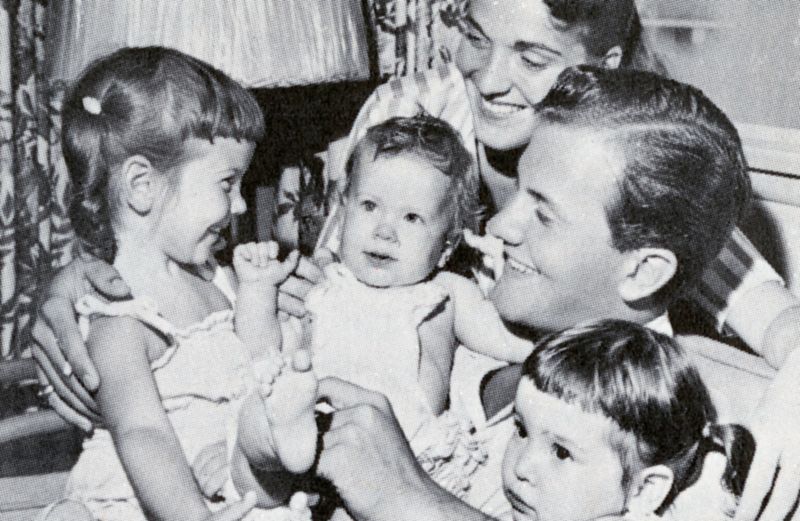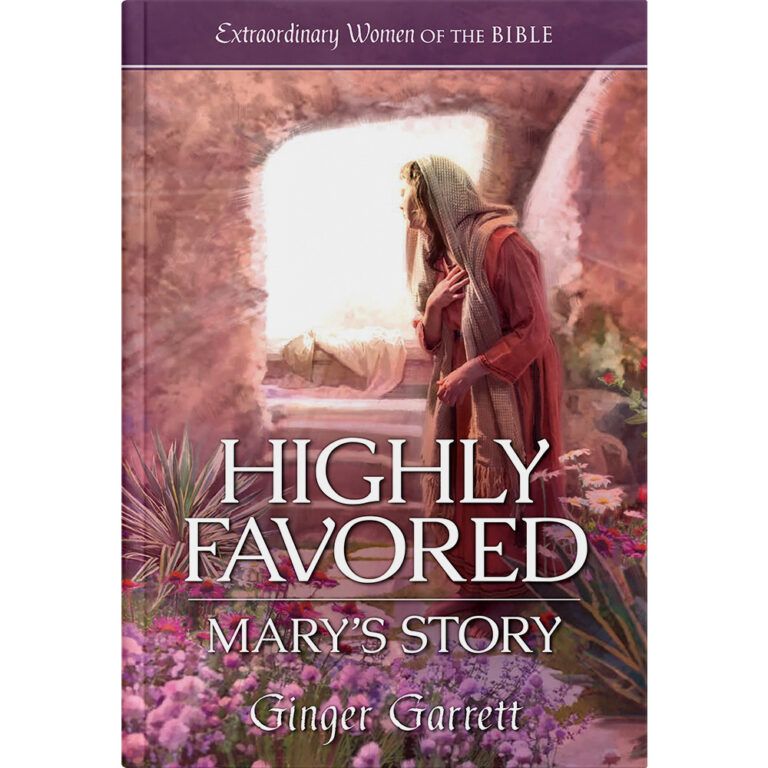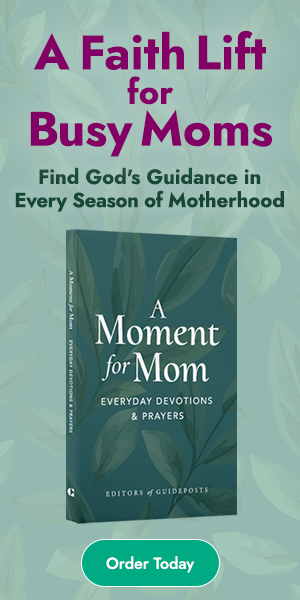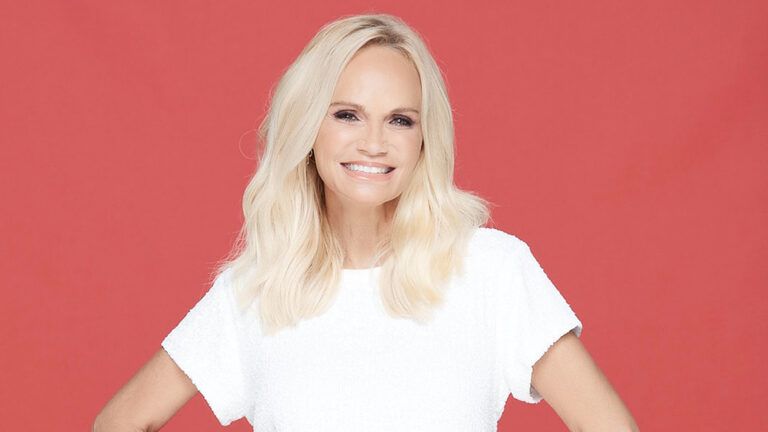Whenever I mention that I go to church during the week and twice on Sundays, even preach at times if I’m asked to, it always seems to come out as if I’m some sort of a goody-goody. Or as if I say it because it would help my career.
Neither is true.
What I do, what I believe, are derived from these people: my mother, who was a registered nurse, and my father, now a building contractor in Nashville, Tennessee. They’re steady, decent, believing, basic people, who gave their four children a steady, decent, believing, basic outlook.
When we were kids we didn’t have a car. So we’d drive to church in my father’s little pick-up truck. He’s a deacon and Sunday school teacher at the church.
It always looked kind of funny pulling up in front of the church in a truck with “Boone Construction Co.,” painted on it. But such things brought us all close together. We always did things as a family, the six of us, playing or praying.
I have a kind of second father too. Mack Craig. When I first met Mack, he was the principal of David Lipscomb High School in Nashville, Tennessee, as well as a teacher working then for his Ph.D. He had his own family to take care of too.
Skinny as a rail, mostly because he seldom took time to eat, he was always moving at a fast trot to keep everyone around him happy.
Whenever I was worried about something or had a decision to make, I’d take a walk with him or call at his house or even wake him at the awfullest hours. And he’d always say:
“Forget what it means to you personally, or what you can gain by it, or have to give up, or what someone else might think of it. Just ask yourself: ‘Is it right?’”
Since we met I have always tried to apply that yardstick to whatever I do.
It isn’t always easy.
Like the question of joining a high school fraternity. To presume an air of exclusiveness, some frats discriminated against boys because of their poverty or beliefs or race. My parents disapproved of that, but when I pledged, intending to join a frat, they didn’t try to stop me.
Something else did: the question that has come to light my life when facing any perplexity: Is it right?
When you look at life from that perspective, the decision isn’t hard, and you always feel relieved.
Singing was one of those things.
If the truth be known, it was really my appetite that got me into singing. Starting when I was about ten, my mother used to take me to sing at prayer meetings and other services. Then the ladies asked me to sing at their luncheons and club socials.
They wanted free entertainment and I wanted a free meal. They told their husbands about it and pretty soon I was singing—and eating—at Kiwanis and Rotary too.
Then came the opportunity to sing with a good, local dance band, something I’d never done before. But singing with a dance band meant late hours, being around drinking. Troubled, I got Mack Craig out of bed at some horrible hour in the morning, and we talked about it.
Mack said: “Suppose there are temptations. Of course there will be in singing, as in everything. But there’s nothing wrong with being a singer if you handle yourself properly.”
But instead of the dance band job, he went out and helped get me my first radio show: “Youth On Parade,” over the local station. It featured high school kids. I was the master of ceremonies and sang a little too.
We did it for two years, my senior year in high school and freshman year in college. No pay at all, but it was great.
While in college I married Shirley Foley, a wonderful girl. She’s the daughter of Red Foley, the TV star of “Country Music Jubilee,” and we were high school sweethearts.
We both transferred to North Texas State College in Denton, Texas, and with marriage, eating became a definite problem. I needed a real paying job. I got one as a TV entertainer in Fort Worth, and continued in college.
Following an appearance on “Ted Mack’s Original Amateur Hour,” Randy Wood, the president of Dot Records, asked me to come to Chicago to make a recording of “Two Hearts.” I hesitated a little. If the impossible happened—a hit record—everything might go haywire.
I was making $44.50 a week on TV and radio, which wasn’t much, but enough to pay our way. Besides, our first daughter, Cheryl Lynn, was already here and our second, Linda Lee, was on the way.
Was it right to leave the security my family had then on the slim chance of a hit record? And what about my schooling?
My father and Shirley felt I should take that chance—so did Mack Craig. Shirley said she was sure I’d finish school whether the record was a hit or not.
It was. And then I was asked to move to New York. That was a much bigger step than Chicago. But I could attend Columbia, something I wanted to do. Everything seemed to fall into place when Arthur Godfrey invited me to be on his show any time school permitted.
Then came the offer to make a movie, Bernadine. The picture was to start last January, which meant I would have had to drop out of school before the term ended.
But that presented a problem. A lot of kids I know, and a lot of others who wrote me, said that if I could work and go to school full time, they could too. But if I dropped out before the term ended just for money, wouldn’t I be letting them down?
The movie people said it would cost an awful lot of money to postpone the picture. What was right?
I finished the term, but agreed to skip the following term in order to make the movie, which means graduating next January instead of last June.
We all usually know what wrong is. I’m not sure we all know as often what right is. Mostly right is determined for me by what the Bible says it is, and how my parents and Mack Craig and other people I admire and respect live it.
Like them, I always ask myself about anything I do:
Will it violate my conscience?
Will it have a bad effect on others?
Will it have a good effect on others?
I’m not always sure about these things but I try to be.
My co-managers, Jack Spina and Randy Wood, also ask these questions about any place I’m requested to perform in, or any song I’m asked to sing. Sometimes it costs us.
When we were offered a song to record once called “Roll With Me Henry,” we all knew it was going to be a sure hit. But the lyrics seemed suggestive. So we didn’t record it. Another singer did, under a different title and with changed lyrics, and it sold over a million records.
Before we got the TV show we liked we were offered many. One came from a cigarette sponsor. I don’t smoke, and it would be hypocrisy to ask others, especially teen-agers, to smoke. I couldn’t feel honest about it, that’s all. So I asked the sponsor:
“Suppose I went before the camera, and said: ‘I don’t smoke. I don’t advise you to smoke, but if you’re going to smoke, smoke this brand’.”
They laughed, and then said: “Why, that’s a new approach. Maybe we ought to try it.”
They were getting serious, so we cut it off quickly.
What all this means is that we try to act the way we believe, publicly as well as privately. Randy Wood is a Methodist. Jack Spina is a Catholic. Mort Lindsey, our orchestra leader, is a Christian Scientist.
When we’re out of town, we all get up on Sundays and go our separate ways. We go to different churches, but we go.
Singing, of course, has made many nice things possible. But it’s still a means, not an end. After I am graduated from Columbia, I’m taking a vacation from school to fill certain commitments, including my television show, and then possibly return to school for my Master’s degree.
After that I’ll make up my mind. I might want to be a teacher, or an educational TV producer, or a minister. I don’t know how long this singing will last.
No matter how long it lasts, it’s given me a greater responsibility than most men my age; not just to my family, but to the many who look to young singers as their example.
I owe them a lot, if not everything. The only way I can repay them is to make a day-to-day reality of the question that lights my life: “Is it right?”
For more inspiring stories, subscribe to Guideposts magazine.






